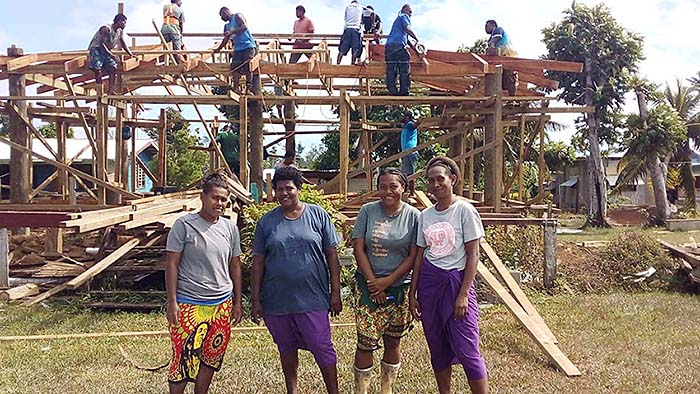An action plan is being developed aimed at addressing issues, highlighted in various data and analyses including the Fiji Country Gender Assessment (FCGA), that impede women’s economic empowerment.
Funded by the Australian Government, ‘Fiji Women’s Economic Empowerment National Action Plan (2024-2029)’ is intended to address challenges highlighted in the assessment including unpaid care work, women’s overrepresentation in the informal economy, gender-based violence, limited access to reproductive rights, climate impacts, digital technology barriers, biased policies, and discriminatory norms.
The assessment also found that despite owning about half of the over 24,000 MSMEs in Fiji that contribute 18% of the country’s GDP, only 19% of registered MSMEs list women as the owners. It also found that women-owned businesses tend to be concentrated in crowded, low-productivity sectors, with many women preferring to operate their MSMEs in the informal economy.
Whether operating a formal or informal business, women entrepreneurs in Fiji face a range of challenges and constraints that limit their ability to start and grow businesses. Some of the key constraints include access to finance, limited access to markets, unaddressed training and support needs, and societal and cultural attitudes, the assessment found.
It also found that despite outnumbering men among students in academic programs at Fiji’s universities, accounting for 60-65% of students and over 50% of graduates, only 35.2% of women are engaged in paid work in the formal sector while 28% are engaged in paid employment in the informal sector.
Fiji’s Cabinet has tasked the Ministry of Women, Children, and Social Protection to lead the development of the plan and chair the secretariat which includes civil society organisations such as the Fiji Women’s Rights Movement, Women Entrepreneurs Business Council, DIVA for Equality and technical experts from the Asian Development Bank and the World Bank.
The plan that is being developed will address the three interrelated dimensions that shape women’s agency and empowerment including their aspirations and capabilities; the environment that surrounds them which may impose limits and conditions; and the power relations and norms through which they negotiate their path.
Photo: File/Supplied









